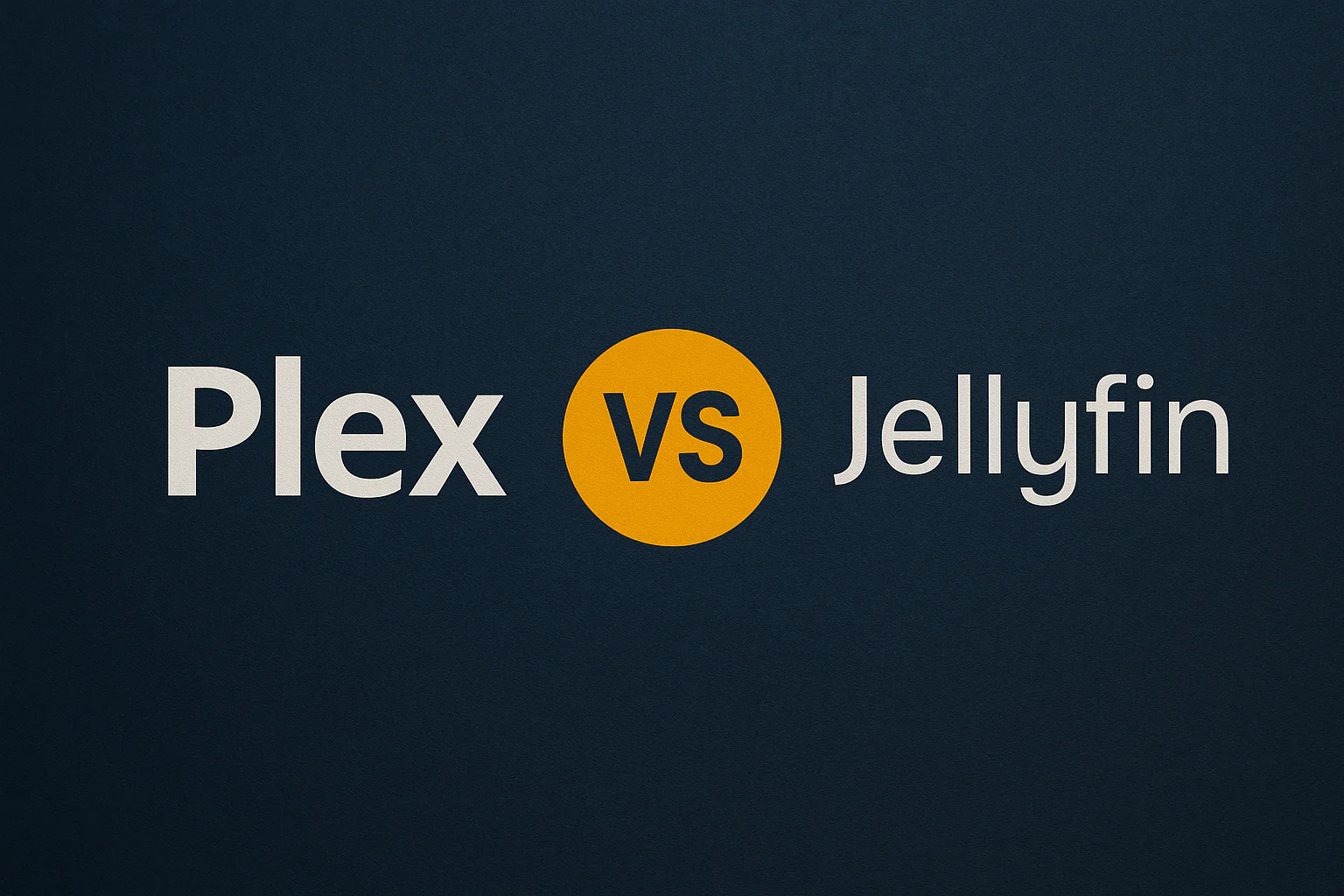Synology NAS devices are excellent – but expensive. The DS923+ costs $550 (diskless). Add 4x drives and you’re at $1,200+ for a 4-bay NAS.
What if you could build a more powerful system for less – and get a full Kubernetes cluster as a bonus?
Enter the Turing Pi 2.5: a mini-ITX cluster board with 4x Raspberry Pi Compute Module nodes that delivers better performance than Synology at lower cost.
The comparison:
- Synology DS923+ (with drives): $1,150
- Turing Pi 2.5 NAS (with drives): $933
- You save: $217 + get 4 compute nodes instead of 1
What you gain:
- 4x independent compute nodes (vs 1 CPU)
- NVMe storage (5x faster than SATA HDDs)
- OpenMediaVault + Docker + Kubernetes
- No vendor lock-in
Turing Pi 2.5 NAS (4-Node Setup)
| Component | Price |
| Turing Pi 2.5 board | $279 |
| 4x CM4 8GB Lite | $300 ($75 each) |
| 4x NVMe SSD 500GB | $160 ($40 each) |
| ATX PSU (160W) | $45 |
| Mini ITX case | $149 |
| Total | $933 |
Storage: 2TB raw (expand to 8TB with 2TB NVMe drives)
Performance: 450 MB/s sequential read (5x faster)
Compute: 16-core ARM, 32GB RAM total

Why Choose Turing Pi 2.5?
✅ Better Value
- $933 vs $950 for Synology DS923+
- 4x compute nodes instead of 1
- 5x faster storage (NVMe vs HDD)
✅ More Power
- 16 CPU cores vs 2
- 32GB RAM vs 4GB
- Run NAS + Plex + Docker simultaneously
✅ No Vendor Lock-In
- OpenMediaVault (open source)
- Export data anytime
- Any NVMe drive works
✅ High Availability
- Node fails? Others keep running
- Zero-downtime updates
- Kubernetes orchestration
Choose Turing Pi 2.5 If…
✅ You want NAS + compute in one system
✅ You need high availability (Kubernetes)
✅ You value performance (NVMe, 16 cores)
✅ You’re comfortable with Linux basics
✅ You want to save money ($933 vs $950)
Setup Steps (Quick Version)
Step 1: Hardware Assembly
- Install CM4 modules in Turing Pi slots
- Connect NVMe SSDs to M.2 slots
- Connect ATX power and Ethernet
- Access BMC at
http://turingpi.local
Step 2: Flash OpenMediaVault (Node 1)
- Download OMV 7 ARM64
- Flash via BMC to Node 1
- Access OMV at
http://<node1-ip> - Login:
admin/openmediavault
Step 3: Configure Storage
- Create RAID array (optional)
- Create shared folders (
media,backups) - Enable SMB/NFS for file sharing
Step 4: Install Docker (Node 2)
ssh ubuntu@<node2-ip>
curl -fsSL https://get.docker.com | sh
docker run -d -p 9000:9000 \
-v /var/run/docker.sock:/var/run/docker.sock \
portainer/portainer-ce:latest
Step 5: Deploy Plex (Node 3)
docker run -d --name=plex --net=host \
-e PUID=1000 -e PGID=1000 \
-v /mnt/media:/data \
lscr.io/linuxserver/plex:latest
Step 6: Kubernetes (Nodes 2-4, Optional)
# On Node 2 (control plane)
curl -sfL https://get.k3s.io | sh -
# On Nodes 3-4 (workers)
curl -sfL https://get.k3s.io | K3S_URL=https://<node2-ip>:6443 \
K3S_TOKEN=<token> sh -
Plex Transcoding
| Device | Concurrent Streams | Hardware Accel |
| Synology DS923+ | 0 (AMD CPU) | No |
| Turing Pi (1 node) | 1x 1080p | Software |
| Turing Pi (4 nodes) | 4x 1080p | Distributed |
Winner: Turing Pi for multi-stream (distribute load across nodes)
Use Case
Home Media Server + NAS
Setup:
- Node 1: OpenMediaVault (8GB, 1TB NVMe)
- Node 2: Plex (8GB, 512GB NVMe)
- Node 3: Nextcloud (4GB, 256GB NVMe)
- Node 4: Backup/monitoring (4GB)
Replaces:
- Synology DS923+: $950
- Cloud storage: $120/year
ROI: Pays for itself in 1 year
FAQ
Can I use CM5 modules?
Yes.
Can I mix CM4 and RK1 modules?
Yes. Example configuration:
- Nodes 1-2: CM4 8GB ($75 each) for NAS
- Nodes 3-4: RK1 16GB ($199 each) for compute
RK1 advantages: 8-core CPU, PCIe Gen 3 x4, 3,500 MB/s NVMe speed
Do I need all 4 modules?
No. Start with 1-2:
- 1 module: Basic NAS
- 2 modules: NAS + Docker
- 4 modules: Full Kubernetes cluster
What’s the max storage?
16TB raw: 4x 2TB NVMe (M.2) + 2x 4TB SATA
Can I access remotely?
Yes:
- Port forwarding (HTTPS)
- Tailscale VPN (recommended)
- Cloudflare Tunnel (free)
Conclusion
Choose Turing Pi 2.5 if:
- You want NAS + compute for $933 (vs $950)
- You need high performance (5x faster storage)
- You value flexibility (Kubernetes, Docker)
- You want no vendor lock-in
Choose Synology DS923+ if:
- You want plug-and-play simplicity
- You need official support
- You’re not technical



